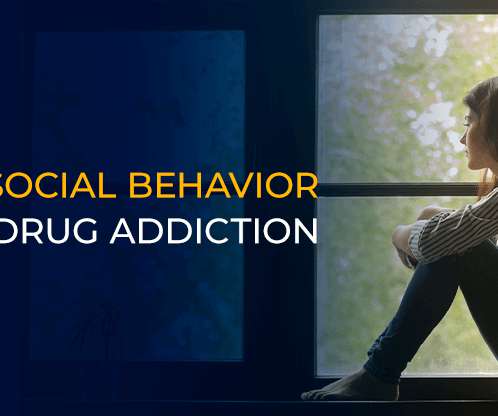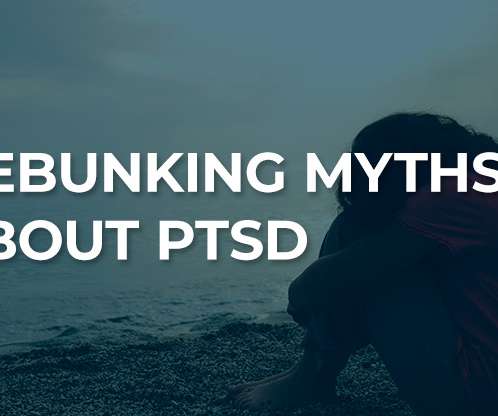What is DBT?
Prosper Health Collective
JULY 2, 2023
DBT is a modified version of cognitive behavioural therapy that was specially adapted for people who feel emotions very intensely. DBT teaches individuals how to avoid conflict, be more organised, restrain impulses, delay gratification, and tolerate distress. DBT often involves individual therapy as well as a skills group program.












Let's personalize your content